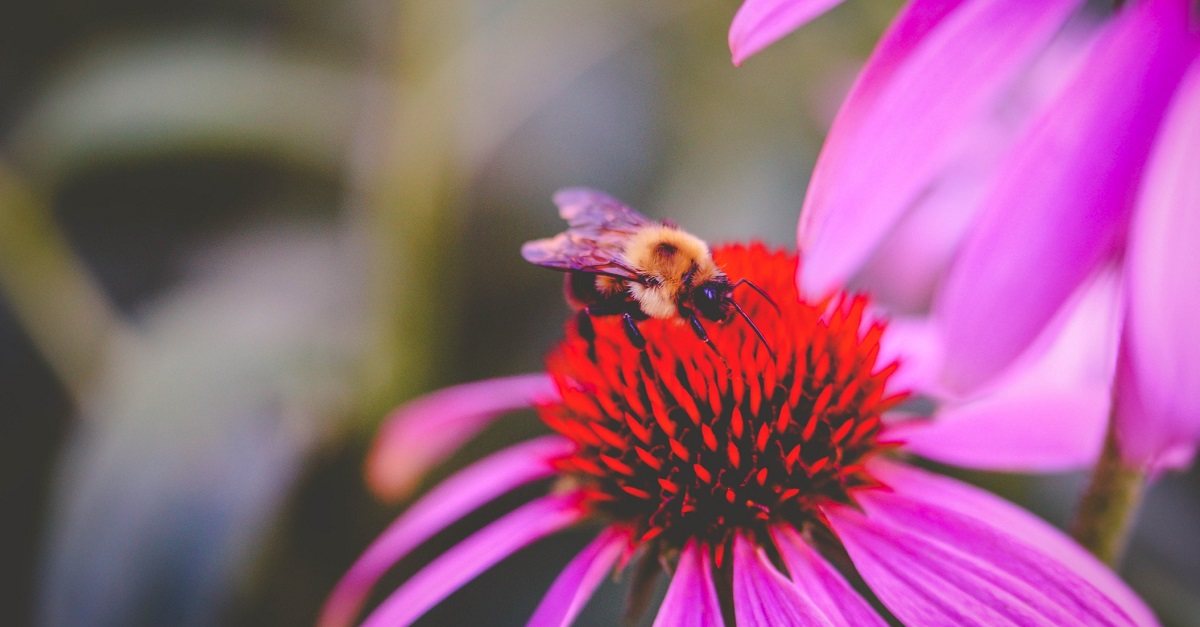
A while back, I participated in a giveaway from Honey Nut Cheerios. The brand was running a campaign to help save the bees and offered up free wildflower seeds to anyone who was willing to plant them and make a difference. The flowers would, hopefully, attract the bees and help them procreate. It was called #BringBackTheBees, and roughly 100 million wildflower seeds were shipped across the country. It was a great way to promote a good cause, since bees are the most important species on Earth right now.
When you're a kid, you have a loose concept of what a bee does. They make honey, sting you if you get too close, and like hanging out in flowers. Adults are able to view bees in a slightly more complex way. Without bees, the number of crops we have would dwindle.
Honeybees are known as the most important pollinators. And there are many crops out there that depend on pollination in order to thrive. They literally work to help us have access to some of our most depended-upon food. They're almost like our underappreciated coworkers. They do so much and don't get the recognition.
That's why it's important to bow down to the bee this Earth Day (and every day, really.) While Cheerios is not actively running the campaign anymore, it's still a great idea to plant flowers in bee-friendly areas. If you're still not too sure why bees are the most important species, here are eight reasons why they need to stick around for as long as possible.
1. They're top pollinators.
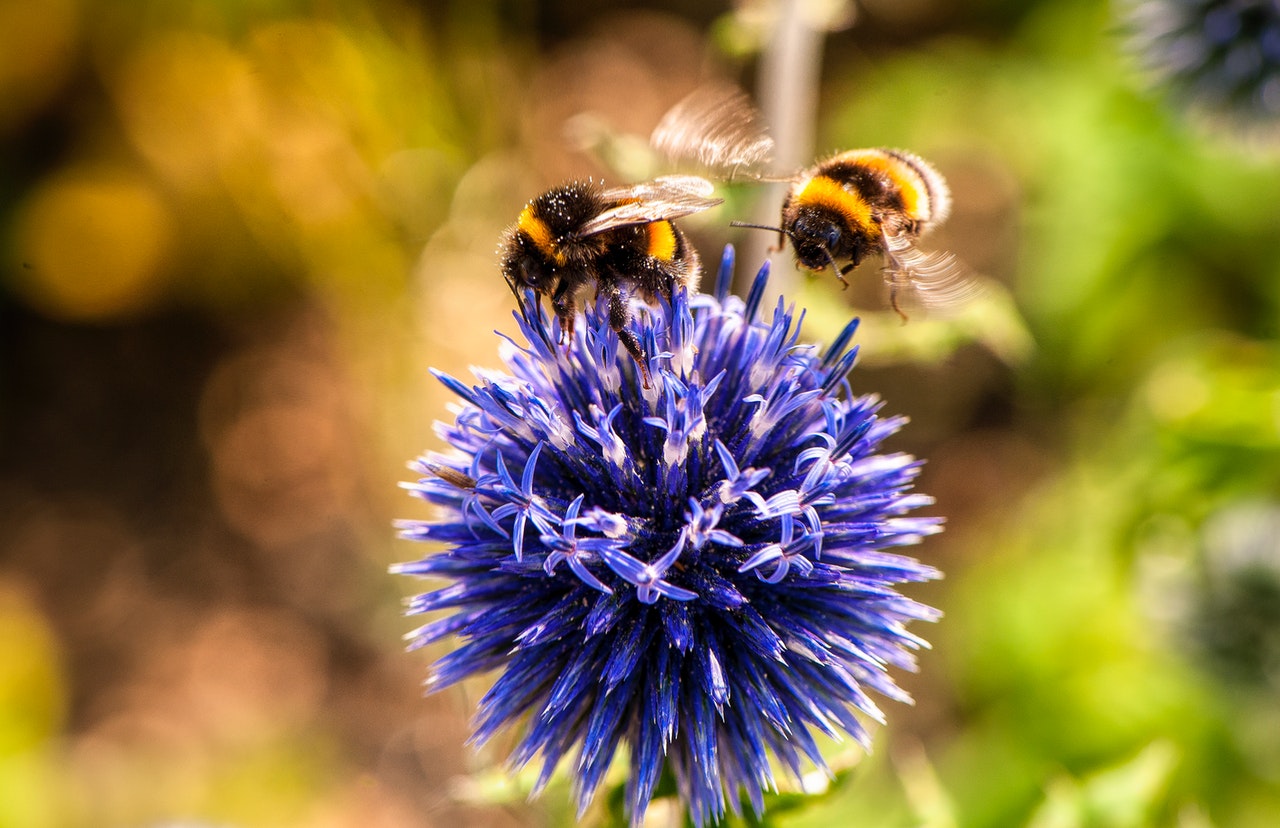
Obviously, pollination is one of the most important reasons why we need bees around. Pollination is literally moving pollen to the stigma of a flowering plant. Without it, our tomato plants and other fruits and veggies in our garden wouldn't properly grow.
Think about how many products contain apples. There's apple sauce, apple fritters, and even apple pie. Since honeybees are big apple pollinators, a lack of bees would wipe out the production of all of those treats. So even if you're not necessarily a fan of apples in their true form, you'd still be missing out.
2. They also make food for other animals.
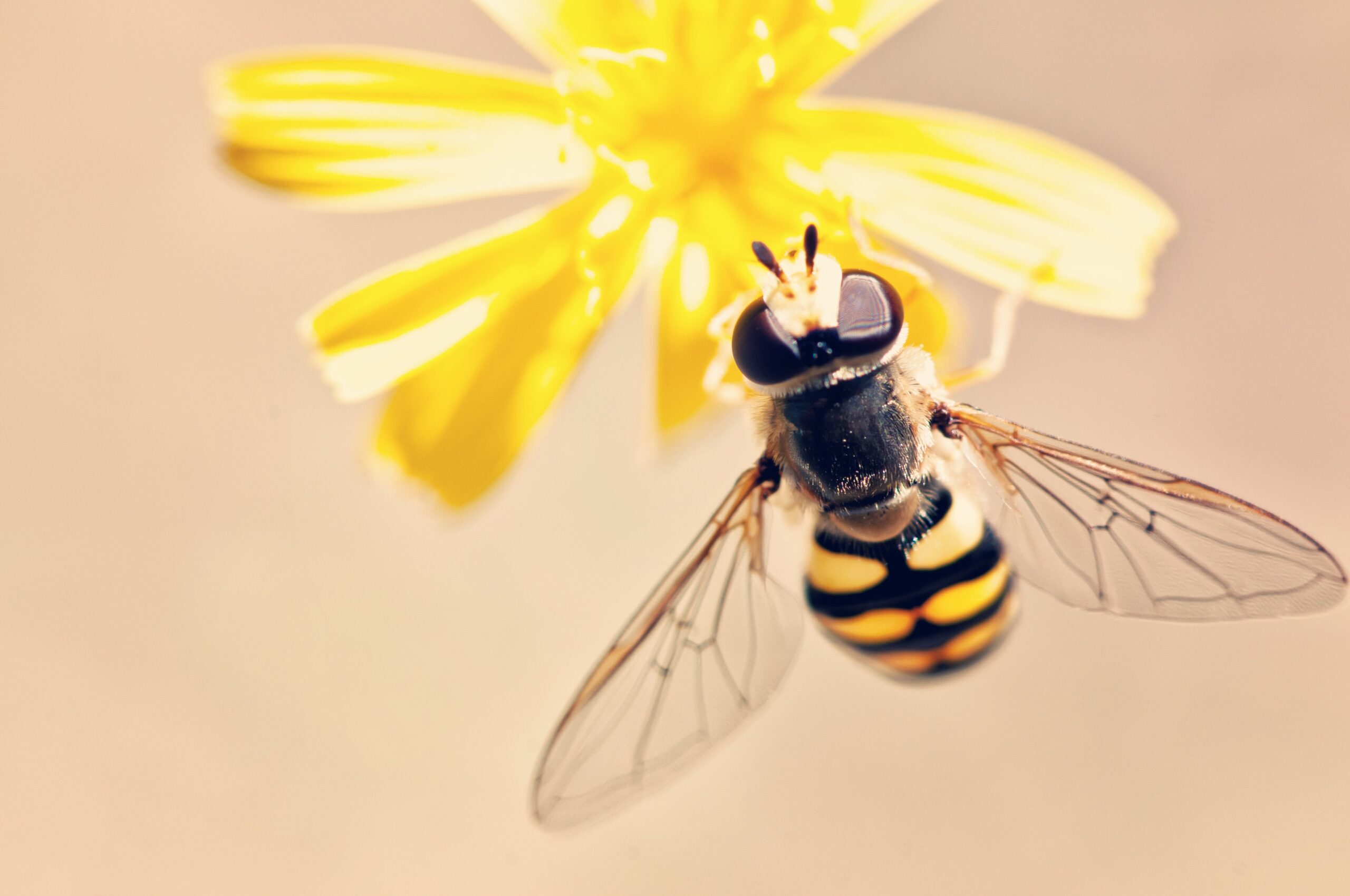
Say you're a strict carnivore. Aside from perhaps not having the healthiest diet around, you might not worry about whether or not bees play a role in the environment. But bees are also essential in the growth of plenty of food that animals eat. So if bees went away, there could very easily be a beef shortage. Cows may run out of food.
When you think about other animals, they're not quite as helpful. While plenty of them work together (as in, the circle of life), there usually isn't an animal that's handing out alfalfa or helping these crops properly grow.
3. Without a varied diet, you might get sick.
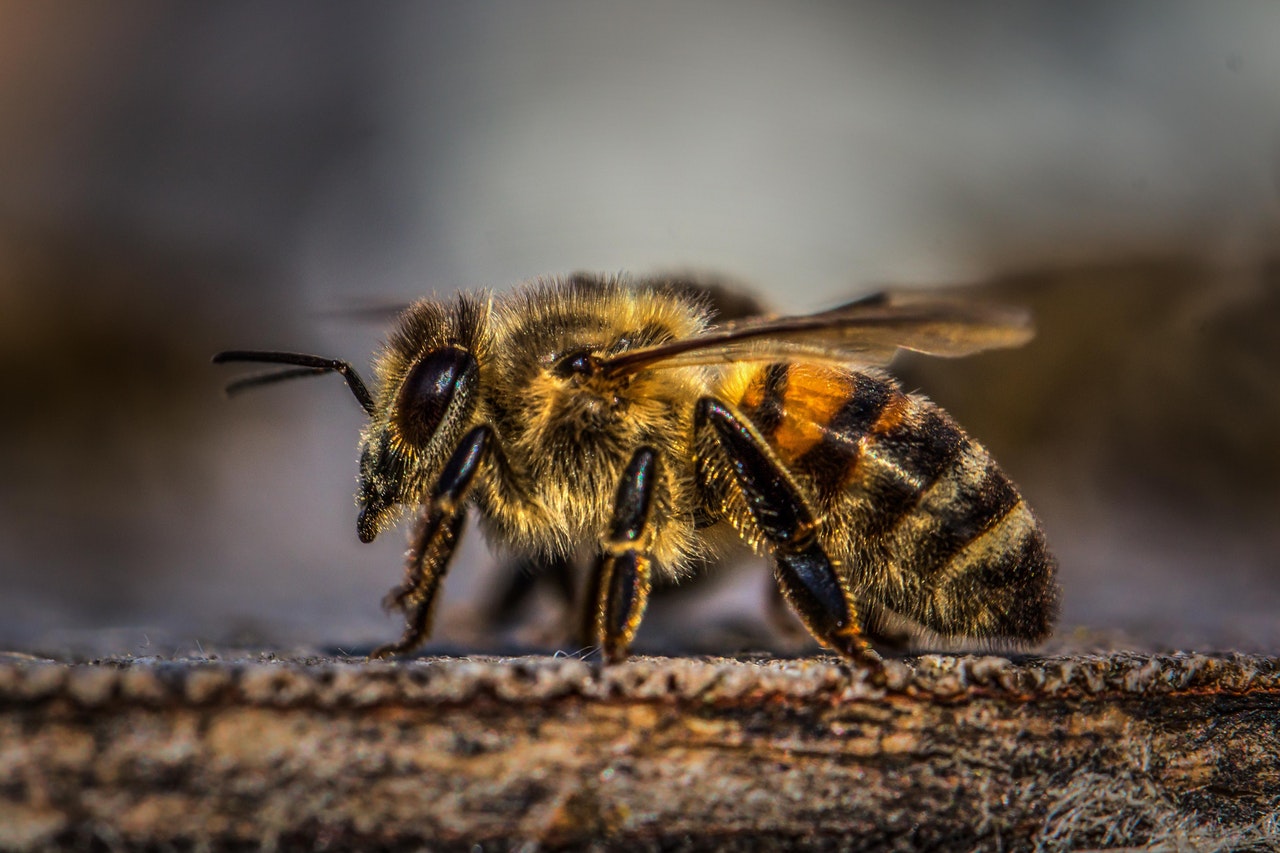
Let's state that in yet another way, so you can get a really good idea of the work bees do. Grain and corn are pollinated by the air, so they'd still be around. Pretty soon, you're bound to get tired of grain and corn. Those two alone don't provide a varied enough diet, and you may get sick without the nutrients you'd get from fresh fruit.
Sure, there are other insects out there who pollinate. But beetles mostly work with magnolias and water lilies, which are important but not a source of food supply for humans. B&B Pest Control explains that wasps don't pollinate much based on their body shape, but sometimes they can pollinate orchids or figs — still, nowhere near the huge amount of fruits and veggies that honeybees take on.
4. Without the work of bees, our economy would be in rougher shape.
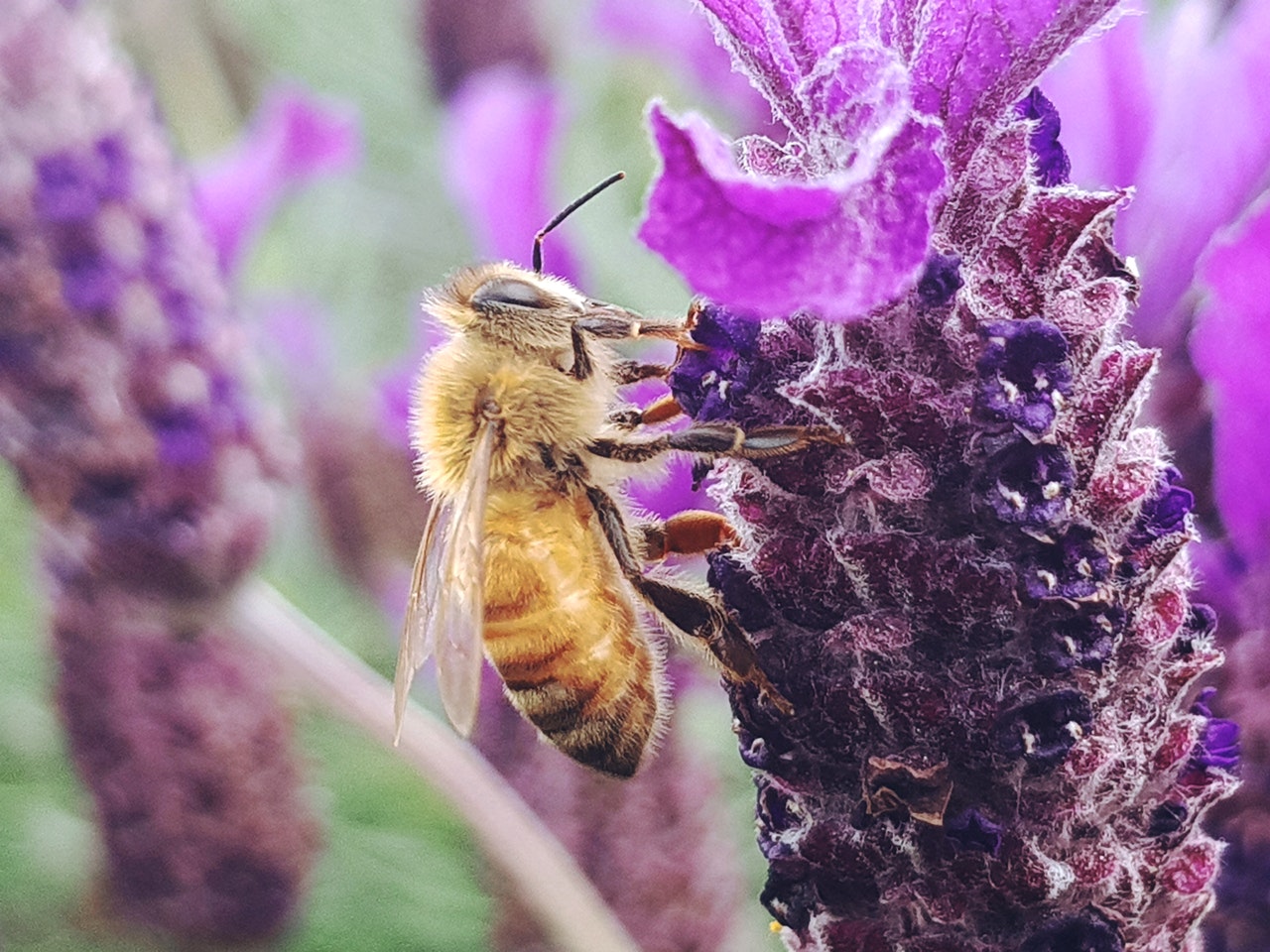
Can you imagine how many people would be out of work if a ton of food suddenly became unavailable? Farmers literally depend on bees to help them. And since bees have begun appearing on endangered species lists, it's not unreasonable to think that they might go extinct one day.
Bees first hit the list back in 2017. "Today's Endangered Species listing is the best — and probably last — hope for the recovery of the rusty patched bumblebee," National Resources Defense Council senior attorney Rebecca Riley said in a statement from the Xerces Society, per NPR. "Bumblebees are dying off, vanishing from our farms, gardens, and parks, where they were once found in great numbers."
Next time you're at the grocery store, think about how many individuals depend on the money made from selling their crops. A lot of people (and bees) help in putting food on the table.
5. They help keep landscaping beautiful.
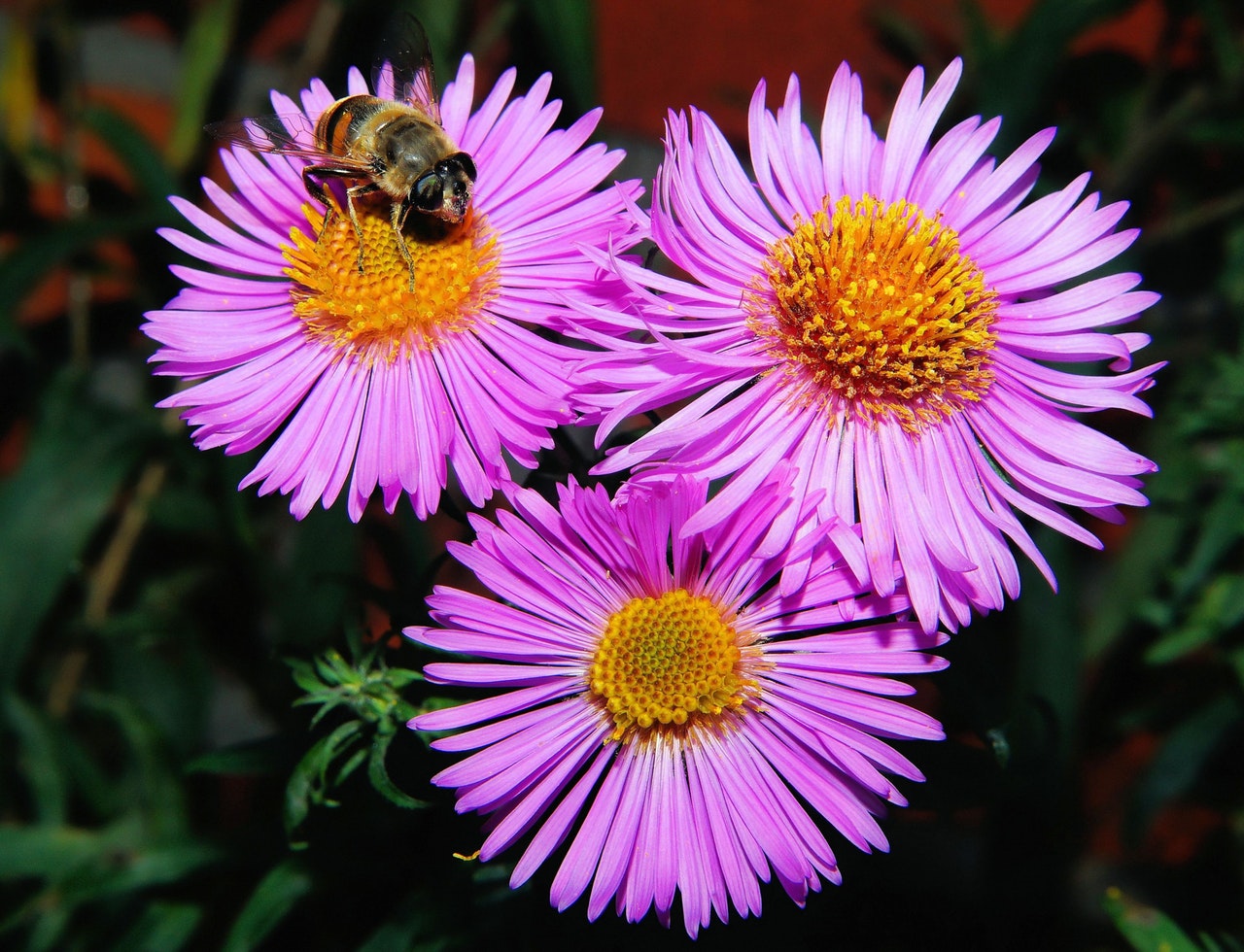
Aside from crops, there are also flowers. Can you imagine what landscapes would look like without flowers?
Funnily enough, there are plenty of landscaping companies that are willing to work with bees, creating a bee-friendly atmosphere where they can thrive. For example, researchers have learned that higher temperatures have been found to reduce a bee's chance of survival, so many companies make sure to create shady areas where bees will thrive.
First, they were farmers, and now they're landscapers. Is there any outdoor job a bee can't do?
6. Surprisingly, bees can sniff out TNT and other explosives.
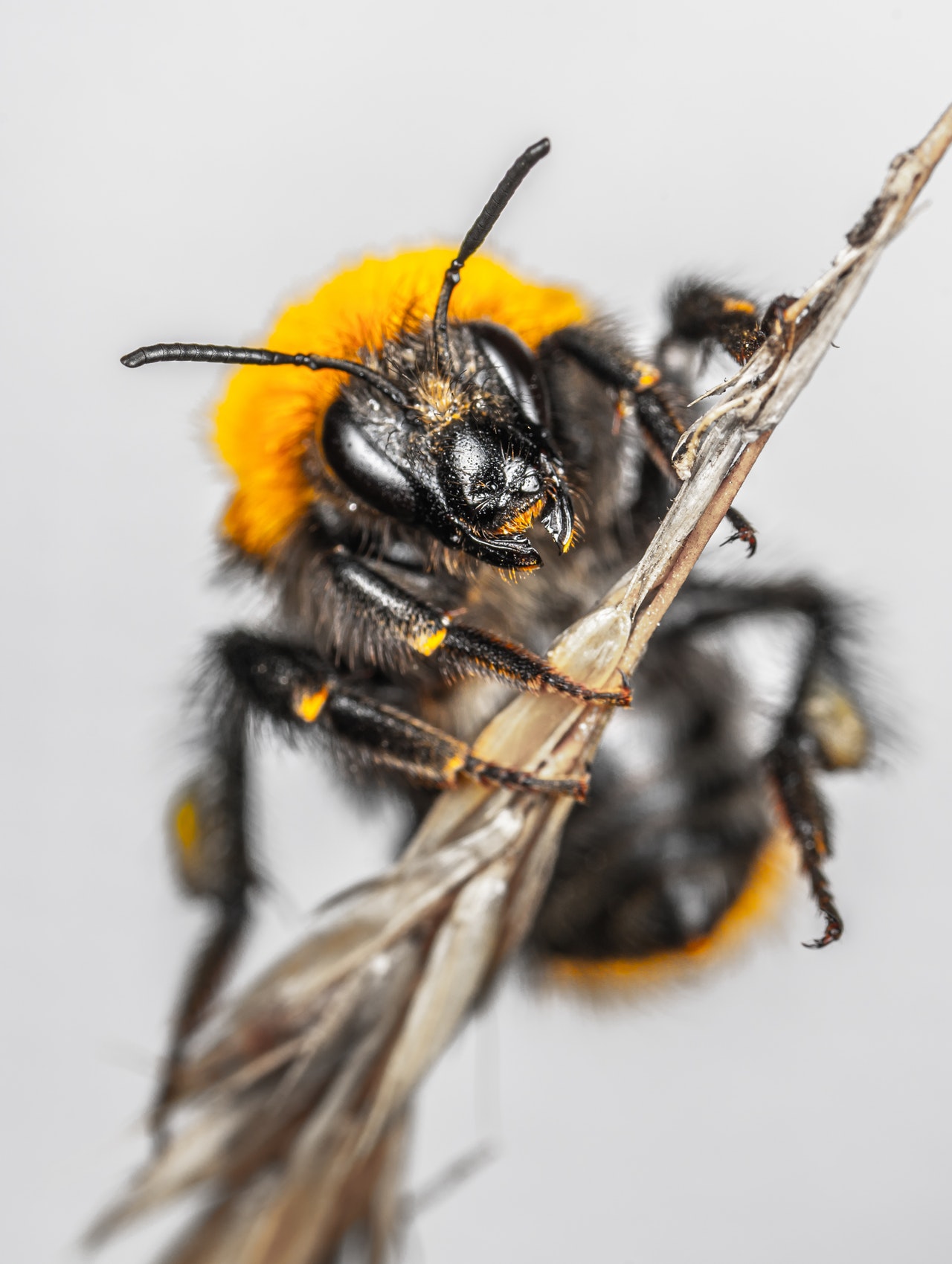
Bees are also somewhat like crime dogs. People can actually train them to smell and detect dangerous devices.
It should come as no surprise that honeybees have an impeccable sense of smell. That's how they always happen to know where the good flowers are. Smithsonian magazine says that "the method of training the bees by authenticating the scent of explosives with the food they eat appears to work: bees gather mainly at the pots containing a sugar solution mixed with TNT, and not the ones that have a different smell."
7. Bees make honey, and they haven't changed up their procedure once.
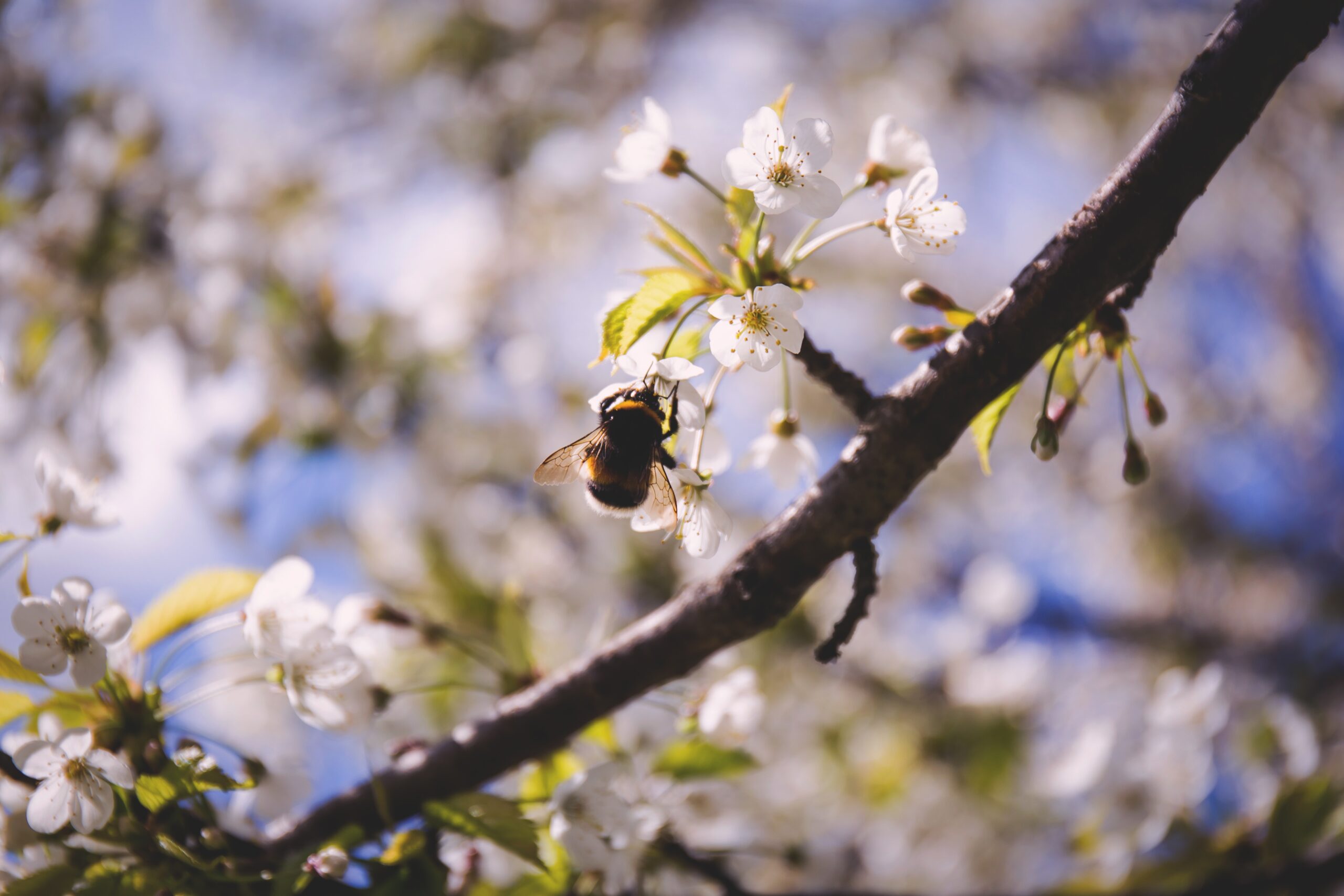
Individually, bees don't make too much honey in their lifetime. A colony of bees, however, is another story. According to Matter of Trust, bees have been using the same method to make honey for 150 million years. Honey isn't just important for sweetening your tea or soothing your sore throat. Many people also use honey as part of their beauty routine.
Bees are also completely dedicated workers. Female bees who aren't the queen do literally all of the work in the hive. They have a great memory and are truly a fascinating species to study.
8. Bees are helping humans study health issues like dementia.
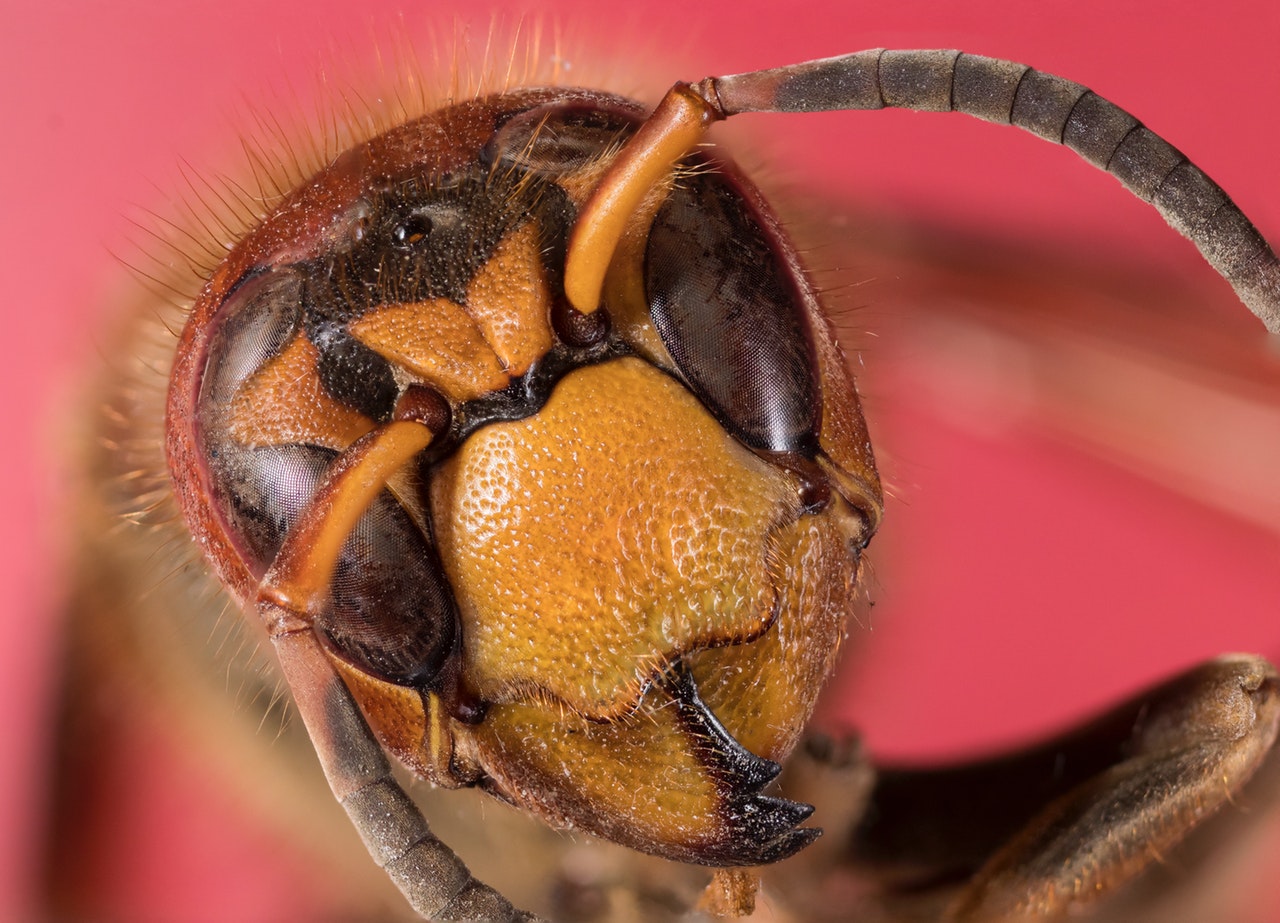
Speaking of their great memory, bees have been studied to try to figure out more about dementia. Norwegian researcher Gro Amdam has been working with bees for quite some time, recognizing the fact that their brain cells are surprisingly close to that of a human's.
The ability to learn new things declines when adults grow older. A bee suffers from the same fate. By figuring out how bees learn, and what changes as they age, we can learn more about our own brains. So yes — bees are technically scientists as well.




